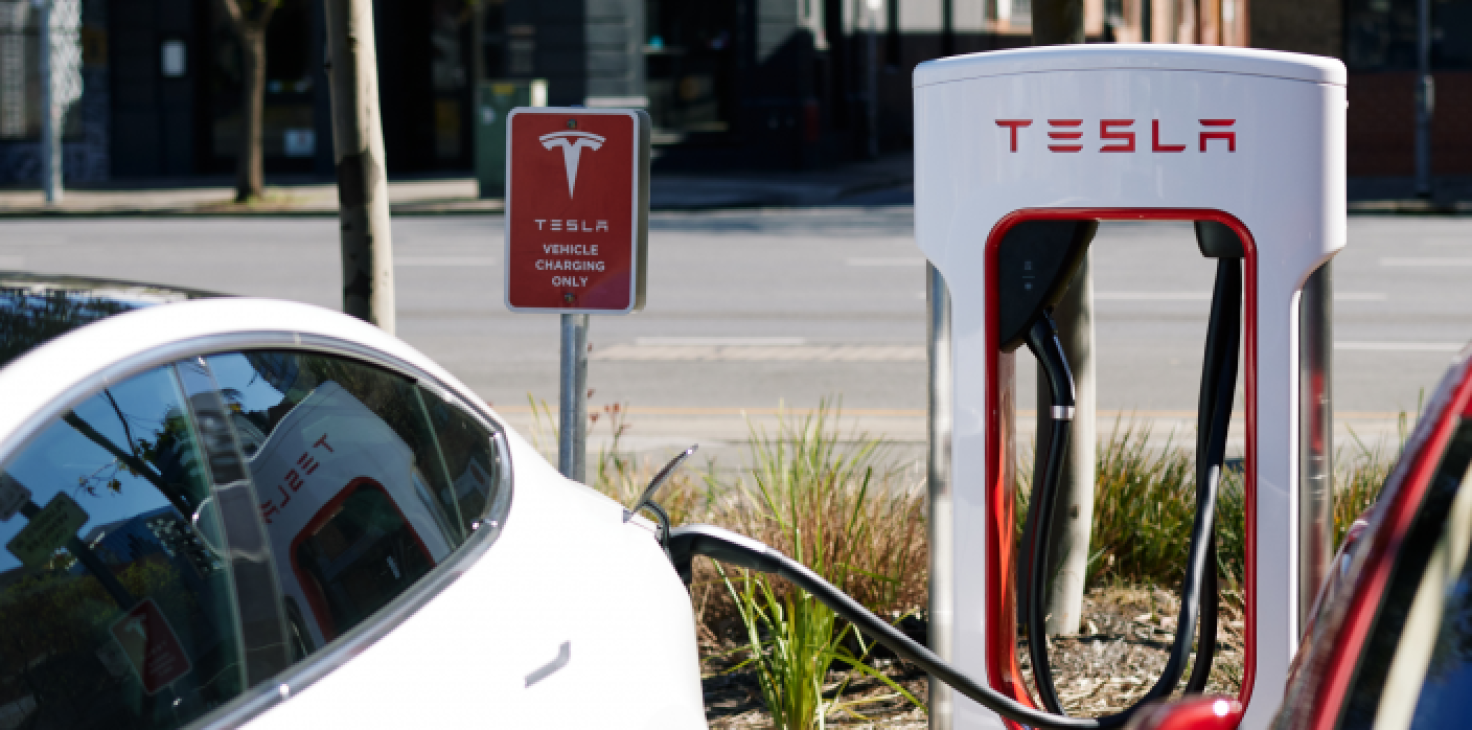24 October 2021
Will electric vehicles drive a cleaner future?
The cleaner, greener electric vehicle EV revolution has arrived and it’s going to change the way we motor.

It wasn’t so long ago that the demise of the petrol-powered car was virtually unthinkable, yet pulling up to the pump may soon be a thing of the past. A key part of societies the world over, it seemed inevitable the internal combustion engine would play a starring role in our lives forever.
This is all about to change. Thanks to ever-heightening environmental concerns, readily available alternative technologies and a drive for change by governments and individuals, the days of the gas-guzzling transport staple are well and truly numbered.
Australia’s road to change
The NSW Government has just announced $490 million in funding and tax cuts to incentivise public uptake and tackle vehicle emissions. The program is the first step in the NSW Government’s goal to have EVs represent 53 per cent of new vehicles sold in NSW by 2030.
From September 2021, the NSW Government has waived stamp duty on EVs valued at less than $78,000, and the first 25,000 people to buy an EV or hydrogen fuel cell car valued at less than $68,750 will receive a $3000 rebate.
Under the road and tax reforms, part of a $490 million commitment in the 2021-22 NSW budget, electric vehicles will ultimately be subject to a per-kilometre road user charge instead of stamp duty and fuel excise.
NRMA Group CEO, Rohan Lund, says the organisation supports a policy that makes buying and driving an electric vehicle easier and more affordable.
The biggest impediments to the take-up of electric vehicles that we hear from our membership are price and range anxiety – and the NSW Government’s policy goes straight to those concerns.
The ACT Government is also pushing ahead its fast-charging network rollout and has announced a number of incentives for the public to make the switch to more efficient alternatives.
From 24 May 2021, newly purchased zero-emissions vehicles will receive two years of free registration in the Australian Capital Territory (ACT) as part of a $5.1 million ACT government scheme to encourage more people to switch their cars to more efficient alternatives. You can read the full rundown on the ACT reform here.
Not just an incentive for city drivers, rural areas will also benefit from the program, with $20 million in grants allocated for fast charger installation in regional tourism destinations, to support the recent increase in domestic rural drive tourism.
Elimination targets around the world
Around the world, the commitment to eliminate petrol cars has been on the agenda for some time. Norway has already set targets for the elimination of petrol cars from its roads within the next 5 years, while the Netherlands has indicated a desire to ban sales of new petrol cars, including hybrids, from 2025. China is also planning to remove petrol and diesel cars from its roads in an attempt to make smog-blanketed cities more liveable.
Perhaps one of the greatest trend indicators is that global automotive culture enabler, Saudi Arabia, is considering selling off its petroleum assets with an eye to a world less reliant on oil.
The worldwide consumer pivot
It’s not only governments leading the charge. Hundreds of thousands of motorists worldwide have already taken the initiative, making the switch to electric or hydrogen-powered cars, well in advance of any legislative trigger.
Last year, there were 292,000 electric vehicles on the road in The Netherlands, 75,500 more than in 2019. In Norway, sales analysts have projected at least a 55 per cent market share for EVs this year and a steady rise year on year, while in London, there are plans to establish a citywide network of 6000 charging points.
China, meanwhile, tripled its electric vehicle sales to 150,000 in 2015, with predictions that figure will double each year for the next three years.
Where choice and conscience co-exist
EVs have traditionally been priced as luxury cars, making them prohibitive for people on an average income. Now, with an increased choice of EVs at more affordable price points expected on our shores in the coming months, Australian consumers will be able to make more conscious and affordable decisions about which vehicle they buy.
“This is not about trading off performance, comfort, convenience or cost to take action on climate change,” says NSW Minister for Energy and Environment, Matt Kean.
“This is about embracing new, better technology that is coming down the cost curve and giving Australian customers choice when they go to buy their new car.”



